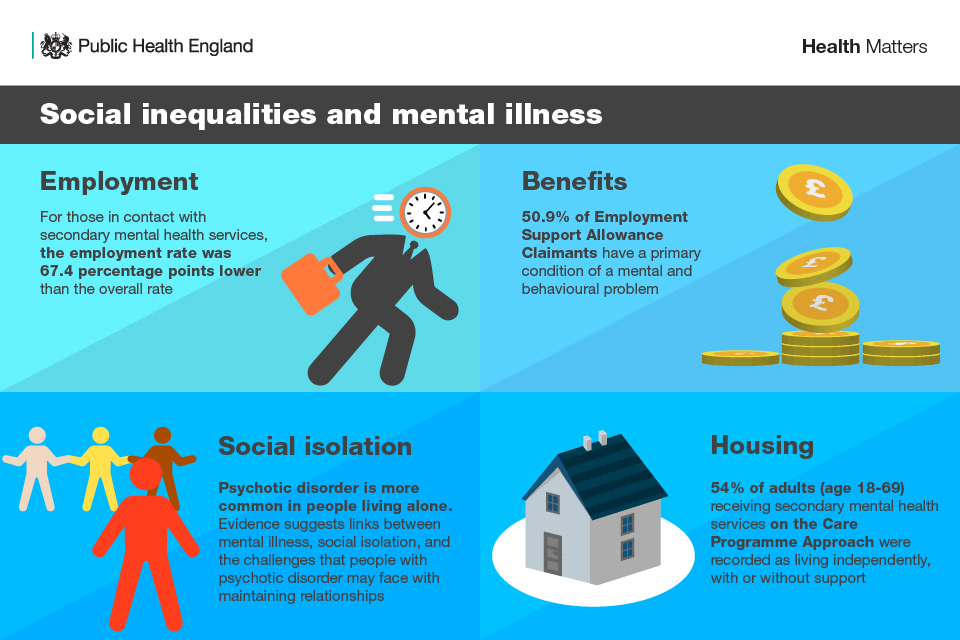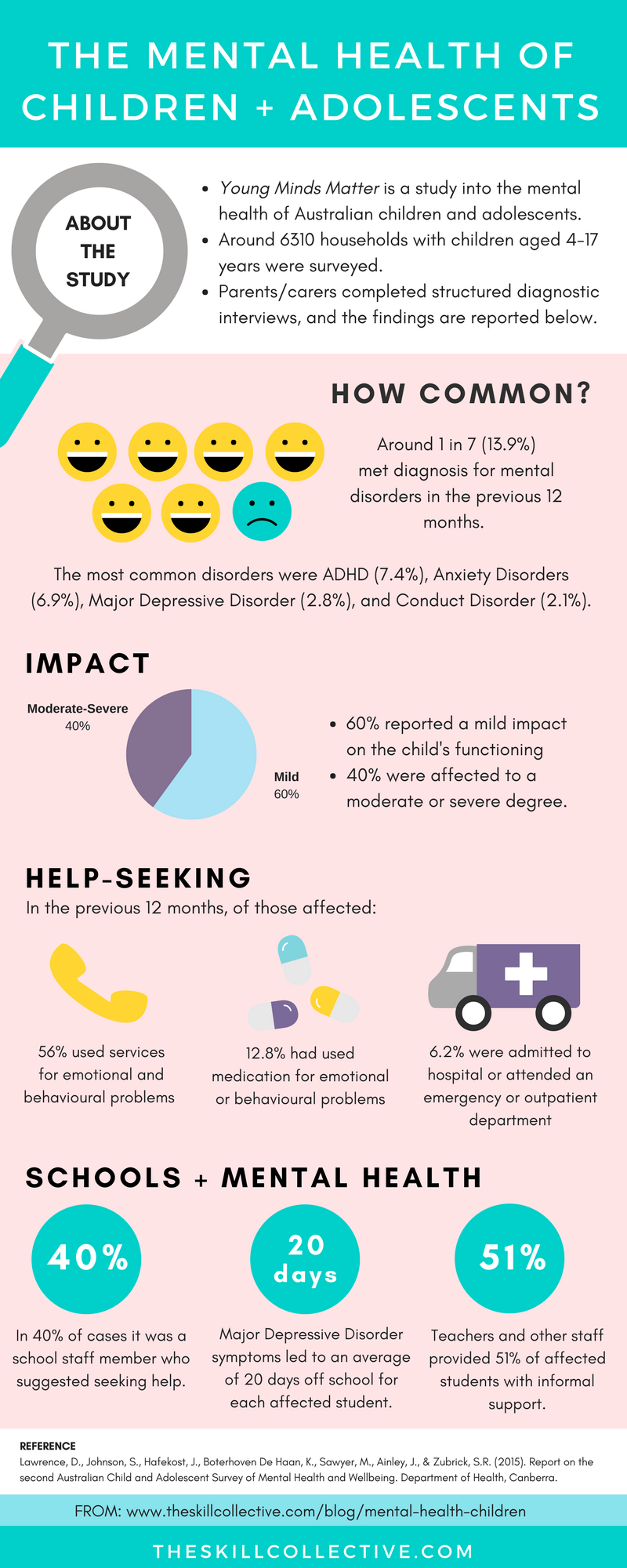
These are simple mental wellness tips you can implement right away if you want to feel better. Start small, set achievable goals and keep them in sight. If you are struggling with mental health issues, it's always a good idea to get professional help. The NHS has pages dedicated to mental health that provide guidance on seeking help for these issues. Listed below are some of the most important mental wellness tips for you to implement in your life.
Relaxation
Relaxing may appear easy, but it is not always that simple. Relaxing is not about letting go and sitting down. It's important to know the best technique for the situation. These tips should be practiced regularly to become a routine. Each day, you can try one or two of them. Even if you have a hectic schedule, you can still fit in some relaxation time.
Exercise
If you've ever wondered if exercise can improve your mental wellness, the answer is a resounding yes. Taking up a regular exercise routine can improve your mental health in numerous ways. The benefits of exercise include improved memory and thinking abilities, a reduction in stress, increased stamina, and improved self-image. Regular exercise is also good for your mental health.

Mindfulness meditation
Mindfulness is one of the many mental well-being tips. This meditation helps you pay more attention to your five senses. You can practice mindfulness by doing a body scan and paying attention to your thoughts with compassion. Mindfulness is a practice that takes time, so take it slow. Even five minutes a week can make a huge difference. Mindfulness can come in many forms: from walking meditation to meditating upon the breath.
Resilience
There are many ways to boost your resilience during difficult times. Exercise is essential for your resilience. Do some moderate exercise each day to make you feel better. There are many ways to exercise, including walking, swimming, biking and performing vigorous chores around the home. Keeping a healthy diet is another important aspect of resilience, but be sure to avoid junk food and alcohol as these deplete energy.
Avoiding alcohol
Avoiding alcohol is best for your mental health. Alcohol can cause depression. Alcohol causes brain chemicals to slow down, which can lead to depression. It also lowers inhibition. Alcohol can affect our moods and feelings which makes us less anxious. Alcohol can still be used to alleviate stress and anxiety. It has many negative effects. If you're a heavy drinker, it may be time to stop.

Social support
The many benefits of social support are well-documented. In fact, people with depression report having fewer supportive friends, less contact with friends, and lower levels of marital satisfaction. A person with depression has a lower percentage of their closest friends, who they feel most fulfilled with. Lack of social support may also increase the risk of developing mental health problems and addictions. These associations are especially prevalent among Canadian immigrants who are frequently lonely.
FAQ
How does mental illness affect my relationships with others?
Your mental health can have a profound impact on your daily life. It can affect your ability and willingness to work at all levels. You may also find it difficult to establish meaningful relationships because of mental health issues.
A mental health condition can make it easy to isolate oneself from others. You might even avoid social situations if you feel like no-one understands.
However, it's important to remember that people want to be around you. You only need to teach them how to approach you.
So, if you're having trouble connecting with others, try talking to them about your feelings. Talk to them about your feelings and get their opinion.
Why is it so important that we improve our emotional health
Well-being and happiness are tied to emotional well-being. If you don't feel emotionally healthy, you won't be able to perform at your best. People with depression are often unable to work efficiently. People with depression may also have anxiety, panic attacks and insomnia. These conditions can be successfully treated with medication or therapy.
What should you do if your mental health is in crisis?
When you have any kind of mental health problem, it's important to seek treatment. You may have been subjected to trauma or abuse. It is possible that you have had to deal with trauma in your past.
You might also have an eating disorder, addiction or other type of mental illness. These disorders can cause significant damage to your personal and professional life.
It is best to not try to solve them all by yourself. You should speak to someone who understands what you're going through. A professional therapist will be able to provide you with the support and guidance that you need in order to overcome these problems.
Statistics
- Similarly, for positive mental health, there is likely to be substantial agreement about some typical components (e.g., resilience to stress) 6, and controversy about more atypical components (e.g., career consolidation). (ncbi.nlm.nih.gov)
- More than 50% will be diagnosed with a mental illness or disorder at some point in their lifetime.3 (cdc.gov)
- In any given year, an estimated 18.1% (43.6 million) of U.S. adults ages 18 years or older suffered from any mental illness, and 4.2% (9.8 million) (healthypeople.gov)
- Similarly, while there is some agreement about the boundaries of typical mental disorders 2, there is likely less agreement about those for positive mental health. (ncbi.nlm.nih.gov)
- Neuropsychiatric diseases are the leading cause of death and disability in the U.S., accounting for 18.7 percent of all years of potential lifespan loss and premature mortality.
External Links
How To
What is the best way to improve your mental health?
Mental health refers both to your mind and your emotional well-being. It affects how you feel, think, act, relate to others, sleep, eat, work, learn, play, and enjoy life.
Everyone needs to know about mental health. Depression is often referred to when talking about mental health. Depression is a serious illness that strikes millions of Americans each and every year.
Clinical depression is also known for its severity and requires that treatment be provided by a doctor. However, there are many forms and severity levels of depression.
According to the National Institute of Mental Health (NIMH), depression can be described as "a common mood disorder characterized in a depressed mood most of a day almost every day, loss of interests or pleasures in almost all activities and feelings of guilt or low-self-worth, disturbed sleeping or appetite, poor coordination, thoughts of death or suicidal thoughts or actions."
There are many ways that people experience depression. People may feel sad, helpless, irritable and anxious. They might also feel worthless, guilt, worthless or tired. Others may feel empty and unmotivated. Others may not feel anything at all.
Depression can be treated. You can get help for depression by taking medications, exercising, changing your diet, or making lifestyle changes. Depression can lead to problems at home, school and work if it is not treated.
Depression is more common in women than it is in men, but both men and women are affected. Depression is the number one cause of disability in the world for women and men between the ages of 15 and 44.